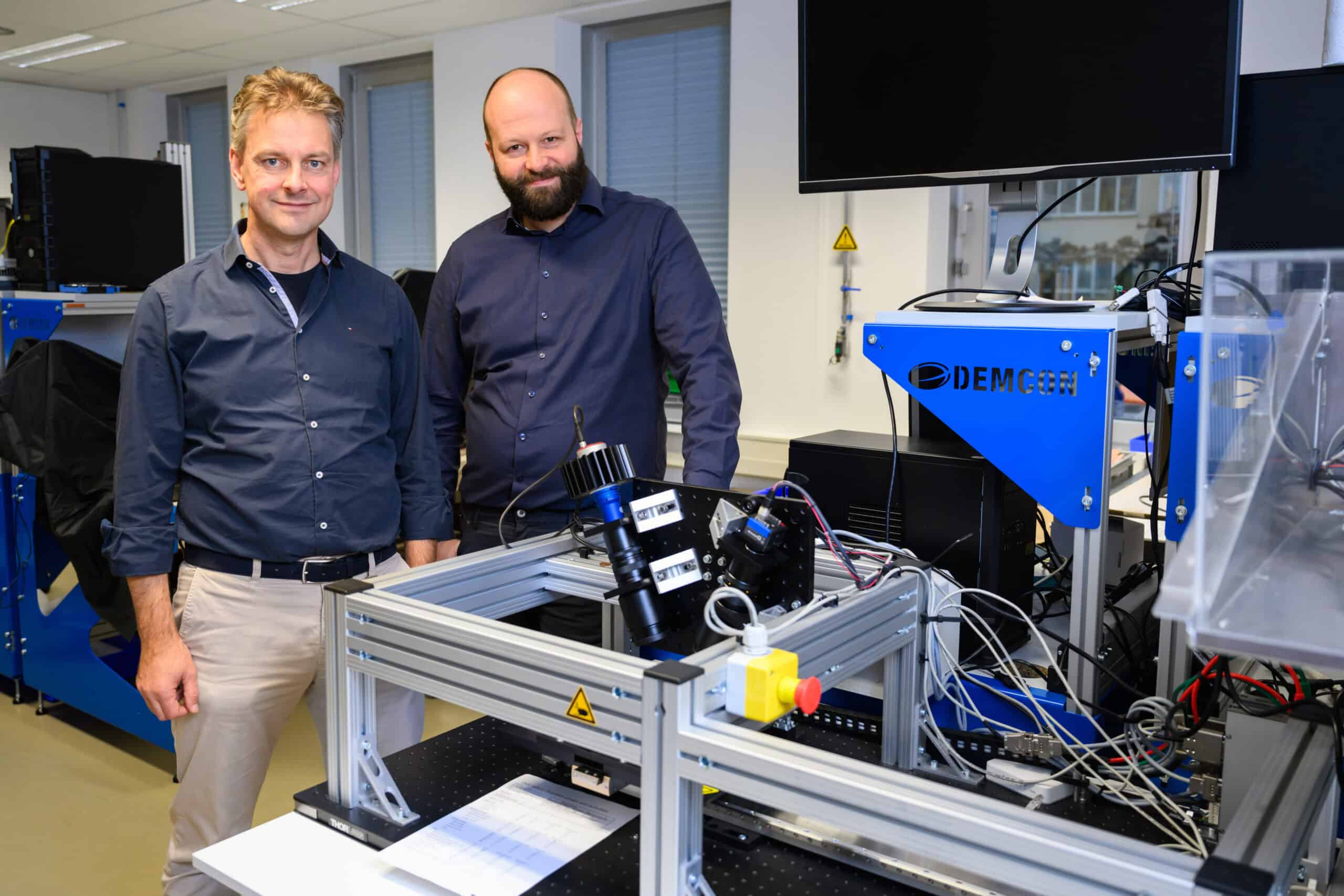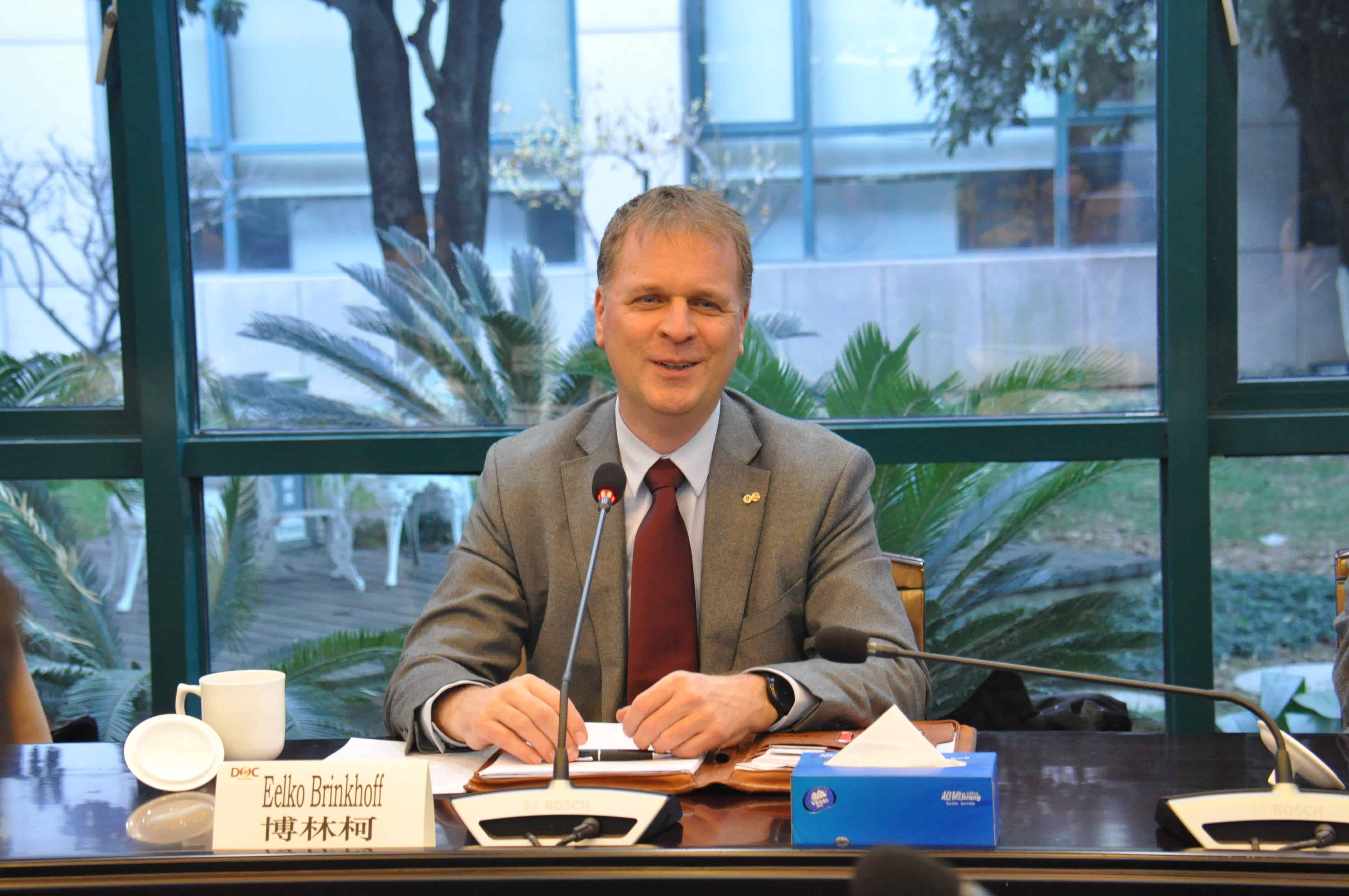
If there is one category of companies that are responsible for innovation in the Netherlands, it would have to be the start-ups. Innovation Origins is always looking for relevant innovations, therefore there is every reason to really capture the complete Dutch start-up ecosystem. Armed with the data sets of StartupDelta, we visited all Dutch provinces. In 14 episodes, published between December 24, 2018, and January 7, 2019, we’re giving an overview of the start-up ecosystem in the Netherlands. The series has been made by the journalists of cooperation PitchProducties, commissioned by Innovation Origins. Today: Groningen. Read the other episodes of the series here (as far as already published).
HackerOne, Dataprovider and Paylogic: these are three random examples of start-ups from Groningen that have already spread their wings. When the Dutch start-up ecosystem is examined, Groningen should definitely not be underestimated. In the recently published, annual edition of the Deloitte Technology Fast50 are no less than eight companies in Groningen among the fastest growing Dutch technology companies.
Although the Deloitte election is about companies that are older than five years, the success in Groningen doesn’t come out of nowhere. After all, these companies were also once young.
Koen Atema, involved with the start-up portal Founded in Groningen and founder of the Groningen flexible workplace Launch Café, mentions a number of advantages of the start-up ecosystem in Groningen. He thinks one can speak of a good cooperation between province, municipality of Groningen and local start-ups.
In addition, he points out the demographic structure of the city itself. “25 per cent of the inhabitants are a student, 50,000 students in total. That means there are a lot of smart people living in a relatively small area. And that always does very interesting things.”
Groningen likes to profile itself as an innovative city and region. Think about initiatives like the knowledge campaign Groningen: City of Talent, internet experimental garden 5Groningen or the campaign of Top Dutch, launched a couple of years ago with the original goal to convince the CEO of Tesla, Elon Musk, to build a European production location for electric cars in the north of the country.
A digital approach can also be seen among start-ups in Groningen. “Groningen has a strong ecosystem in the field of digital“, Atema states.
Start-ups in Groningen and their distribution across the province, via Startupdelta
Critical note
Besides, the project Top Dutch was launched as an initiative between the provinces in the North of the Netherlands: Groningen, Friesland and Drenthe. That makes it an example of a province transcendent approach for the stimulation of innovation.
Such a transcendent approach is something Jens Ruesink, fund manager of the Innovation fund North-Netherlands, has been missing lately. He notices that the start-up ecosystem in the northern provinces has been “shredded”. “What I see now is that parties are still looking at a smaller region, instead of looking at the big picture”, says Ruesink.
According to Ruesink, the start-up initiatives in the north of the Netherlands are doing well, but they’re too often being looked at on a local level.
Koen Atema agrees with this. “I think that’s true. But I don’t only see it happen in the north of the Netherlands. In the Netherlands, we’re very good at thinking small, especially for the own region, instead of tackling it as a country.”
Fastest growing campus
At the same time, this local thinking does lead to beautiful initiatives. There’s a reason from Atema mentioning the mutual connection. “Groningen has everything in terms of start-up initiatives, but with the size of a village. It’s very compact, that’s why we know each other very well and we like to help each other.”
It’s clear that looking for a wider connection is a much-shared philosophy in Groningen. Lisanne Brakenhoff is manager of Campus Groningen, the campus that was designated as the fastest growing campus of the Netherlands in a recent research of Buck Consultants (executed at the request of the Ministry of Economic Affairs. She notes: “It’s very cool that we’re growing fast and it’s very cool that we’re in the picture, but it doesn’t necessarily mean that you’re better.”
DBrakenhoff briefly explains, from a Groningen perspective, what a campus is exactly. “A location where knowledge institutions, companies, researchers and governments van really work together well”, she says. “All with the same goal: to make this region, this location, more innovative. That’s what it’s all about here.”

“Such a list immediately makes it seem as if you’re competing with each other. I think we have to get rid of that idea in the Netherlands.”
She’s obviously proud of the Campus, consisting of the Zernike Campus in the north of the city and the Healthy Ageing Campus at the University Medical Center Groningen (UMCG). “We have brought a few big players here”, she says. “There’s physical space to grow, we know more and more about what we’re good at, where we want to work together with other parties, and that causes employment growth and an influx of new companies.”
Besides, the Campus offers space to young start-ups in several ways. She mentions AGILeBiotics and BioBTX, which both use the facilities on the campus. “You can see that Life Science is booming in the North”, says Brakenhoff. “Healthy Ageing is one of the spearheads.”
She can’t help but make a small comment. “Some campuses or locations are not in the rapport of Buck Consultants, but very cool things are happening there.”
“Such a list immediately makes it seem as if you’re competing with each other”, she says. “I think we have to get rid of that idea in the Netherlands. We should know who’s good at what, we have to find each other to strengthen ourselves, in order for the innovation to really have an impact.”








